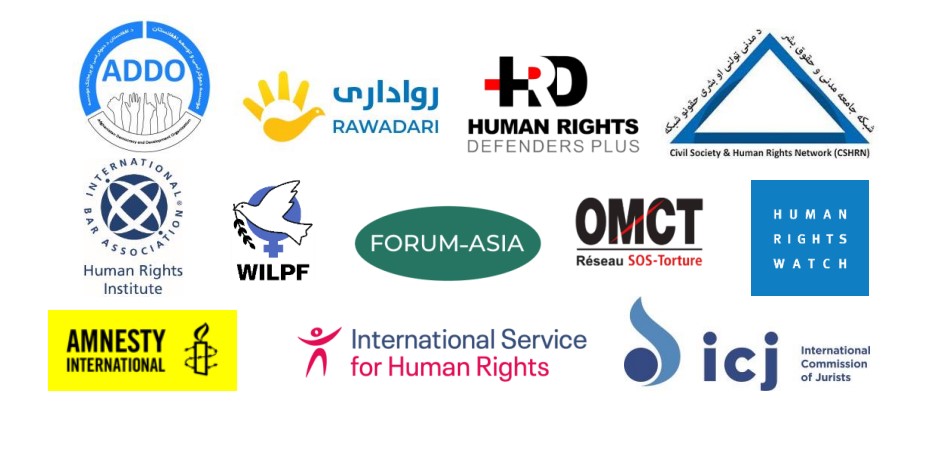Since taking power in August 2021, the Taliban have imposed ever-more extreme restrictions on human rights. The rights of women and girls have been especially affected: they have been barred from education beyond sixth grade and many forms of employment, and banned from singing, reading aloud, or even being heard outside their houses. LGBTQI+ people face arbitrary detention, extortion, torture and other ill-treatment and unlawful killing. Taliban forces have summarily executed and forcibly disappeared former government employees, especially security officers. Ethnic and religious minorities face significant risks of persecution and discrimination. Journalists, human rights defenders, and protesters, particularly women, face harassment, arbitrary detention, and violent reprisals. The Taliban have imposed cruel and inhuman punishments, including public executions, flogging and other forms of corporal punishment. The ongoing humanitarian crisis, compounded by economic collapse and the Taliban’s ban on women aid workers, has led to
widespread poverty and food insecurity. Women and girls face limits on their freedom of movement that impacts their access to health care, resulting in systemic abuses of reproductive rights and the right to health more generally.
As noted in the recent United Nations Office of the High Commissioner for Human Rights (OHCHR) stocktaking report on accountability options and processes for human rights violations and abuses in Afghanistan, addressing long-standing and entrenched impunity for past and ongoing human rights violations and abuses in the country is essential to ensure victims’ rights to justice, truth and reparation. It is also crucial for long-term sustainable peace, development and reconciliation, establishing the rule of law, preventing recurrence, and rebuilding trust among the full range of members of Afghan society.
The latest resolution on Afghanistan (57/3), adopted by the UN Human Rights Council (HRC) by consensus in October 2024, provides a blueprint for the action that is needed going forward. It stresses the “urgent and imperative need to ensure accountability, by bringing perpetrators of crimes involving violations and abuses of human rights and violations of international humanitarian law to justice through a comprehensive, multidimensional, survivor- and victim-centered, gender-responsive approach to accountability efforts, applying a comprehensive approach to transitional justice, and to prevent and redress human rights violations and abuses.” Moreover, it specifically recognizes the need to “strengthen existing mechanisms and to give consideration to ensuring the capacity for collecting, preserving and analyzing evidence of the most serious international crimes and violations of international law in a way that could be used to facilitate future accountability and transitional justice processes.”
Since 2021, Afghan and international civil society organizations have emphasized the need for an independent international accountability mechanism with the mandate to do just that – to investigate and collect, preserve and analyze evidence of grave violations and abuses in Afghanistan, with a view to advancing accountability. Most recently, ahead of the 57th session of the UN HRC, a coalition of over 90 Afghan, regional and international human rights organizations and human rights defenders called on the UN HRC to take action to establish such a comprehensive accountability mechanism on Afghanistan without further delay. Such a mechanism could be a key tool in addressing the entrenched impunity at the heart of the current crisis, advancing accountability, and supporting access to justice, truth and reparation for victims. It would be distinct and complementary to the vital mandate of the UN Special Rapporteur on Afghanistan, and would also complement and support ongoing or future efforts at the International Criminal Court, the International Court of Justice, and at the national level, including through the use of universal (or other form of extraterritorial) jurisdiction in the courts of third countries.
This document provides further details of the mandate such a mechanism should have, its added value, and how it would build on and complement existing efforts:
Afghanistan-Accountability-Mechamism-QA-November-2024




